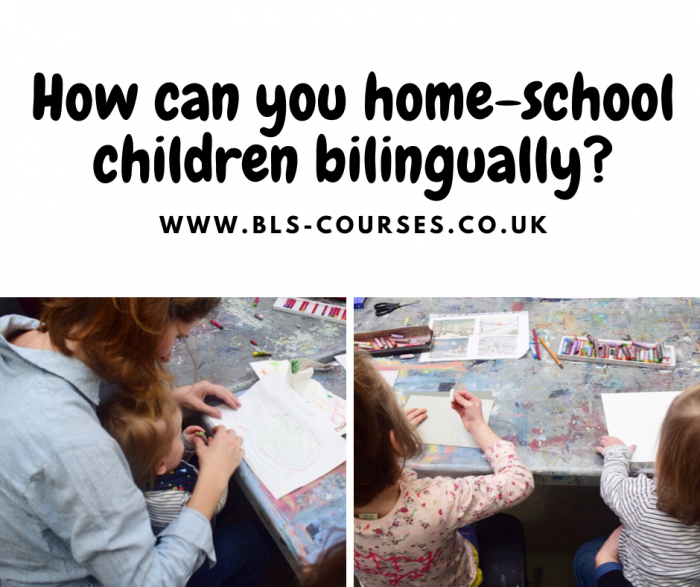‘The decision to learn a foreign language is (…) an act of friendship’ John le Carré
It’s a fascinating read which should be compulsory for those studying/learning/living with foreign languages. The book “How languages changed my life” (Project MEITS) contains 26 stories written by people whose lives were transformed by languages. It made me think how languages changed my life.
Below you’ll find my favourite quotations from the book:
“I miss that working at Westminster. In fact being back here is like swimming against the internationalism of my life hitherto. I miss the opportunity, the pleasure, the luxury of being able to bump into a colleague in the corridor and just drop into another language.” (Stephen Kinnock, p. 6)
“When I speak Russian, I’m a slightly different person from when I talk in English. That’s a wonderful thing to find out about yourself, and other people recognize it in you too.” (Bridget Kendall, p.17)
“Linguistic diversity is the human cultural equivalent of biodiversity.” (John Fraser Williams, p.34)
“(…) [W]hatever you end up doing, being able to speak other languages means you’ll do it quicker and better. (Paul Hughes, p.50)
“I like to think that one day I might enjoy the luxury of sitting under a tree and studying Chinese without having to instrumentalize it. It’s such a poetic language, incredibly distilled: a whole episode in history, can be evoked in just one four-character four-syllable phrase, like an explosion in your brain.” (Carrie Gracie, p.74)
“To learn a different language is to encounter a different logic, a different cadence, a different sequence of words. It prepares you to think differently and to adapt (…).” (Martina Navratilova, p.173)
And finally, if you still think that after graduating from a university with a degree in languages your career path is either being a teacher or a translator, this book will certainly change your view as, in fact, when knowing languages the possibilities are truly endless. Enjoy reading!
Kinga Macalla


